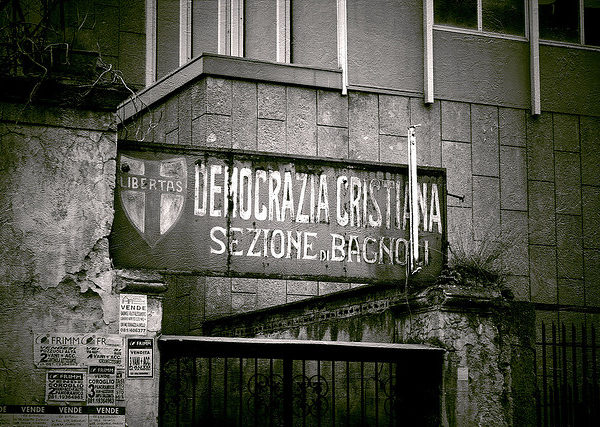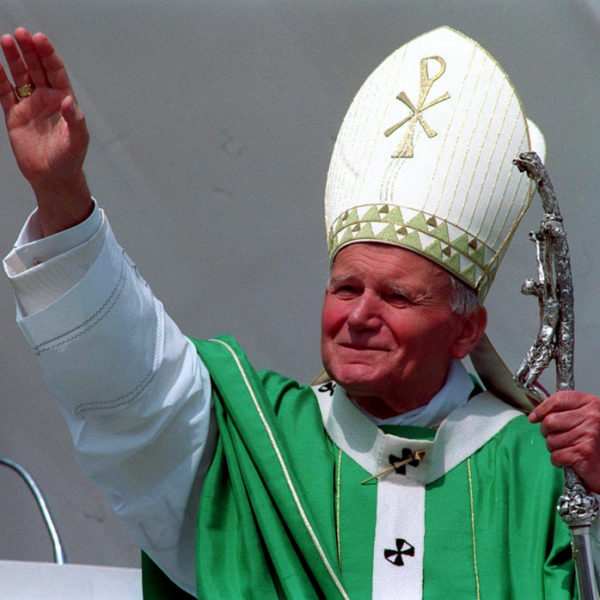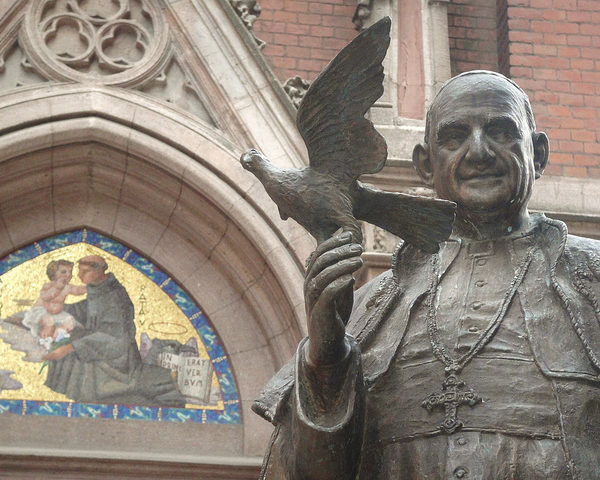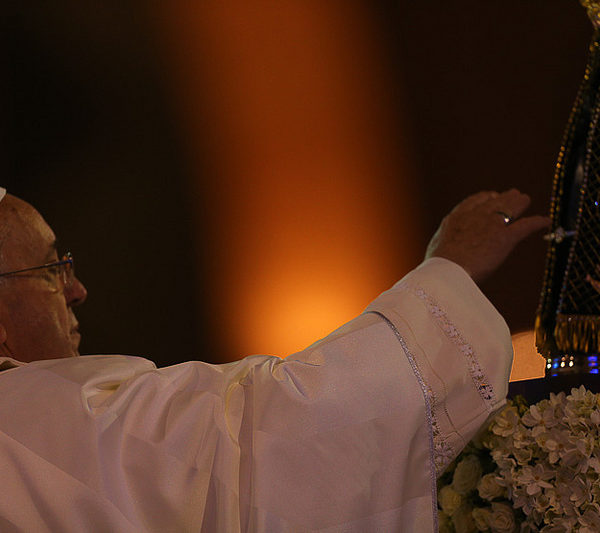
This is the fourth, and final, post in a series that was kick-started last September with a short discussion of how the growing field of just intelligence theory might be overly influenced by jus contra bellum thinking, or what Tobias Winright has coined “the presumption against harm version of just war theory.” This particular variant of just war theory is defined at its core by a presumption against war or a presumption against the use of force.

While many analysts contend that a carbon tax is the most effective and efficient climate change mitigation policy available to the U.S., one of the most significant obstacles to the legislation of a national carbon tax in the U.S. is American’s basic aversion to taxation. In view of Americans’ antipathy towards taxation, the Thomistic virtue jurisprudence proposed by Cathleen Kaveny in her book Law’s Virtues can dispose Americans to support a national carbon tax.

The election of Matteo Renzi represents a low point in the fortunes of political Catholicism in democratic Italy, as engaged Catholics across the political spectrum have less influence over the national government than at probably any point since World War II. This decline in fortunes illustrates the weaknesses of mainstream Catholic political strategies in the post-Cold War era. A cross-country comparison of Italy and the U.S. can help illustrate how the struggles of political Catholicism in the early twenty-first century reflect certain weaknesses in the Catholic Church’s current understanding of its social mission.

“Those who espouse the Just War ethic must continually be ready to review the premise of the theory- the conviction that lethal force merits moral support.” At times throughout history certain advancements have caused ethicists to reconsider and revise their views on Just War. This includes military developments from the Trojan Horse to the catapult; the bayonet to nuclear bombs; chemical weapons to women as combatants.

On November 30, 2013, Ross Douthat offered a thoughtful reflection in the New York Times entitled “The Pope and the Right” in which he considered how politically and economically conservative U.S. Catholics might respond to the economic vision articulated by Pope Francis in his apostolic exhortation Evangelii Gaudium. Although a critique of this particular article might prima facie seem limited in scope, such an analysis in fact highlights the concepts of fundamental values, root paradigms and “global pre-scientific convictions” in a way that can contribute to broader questions and assessments of Catholic responses to Evangelii Gaudium in particular and Pope Francis in general.






